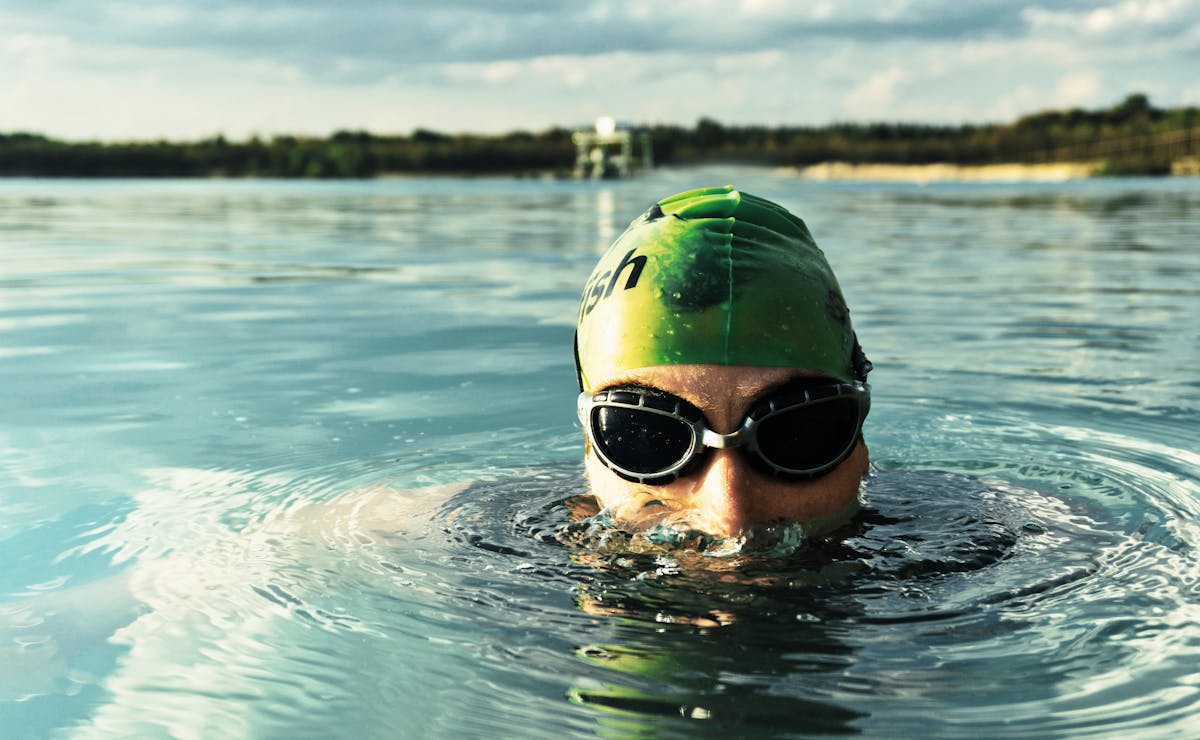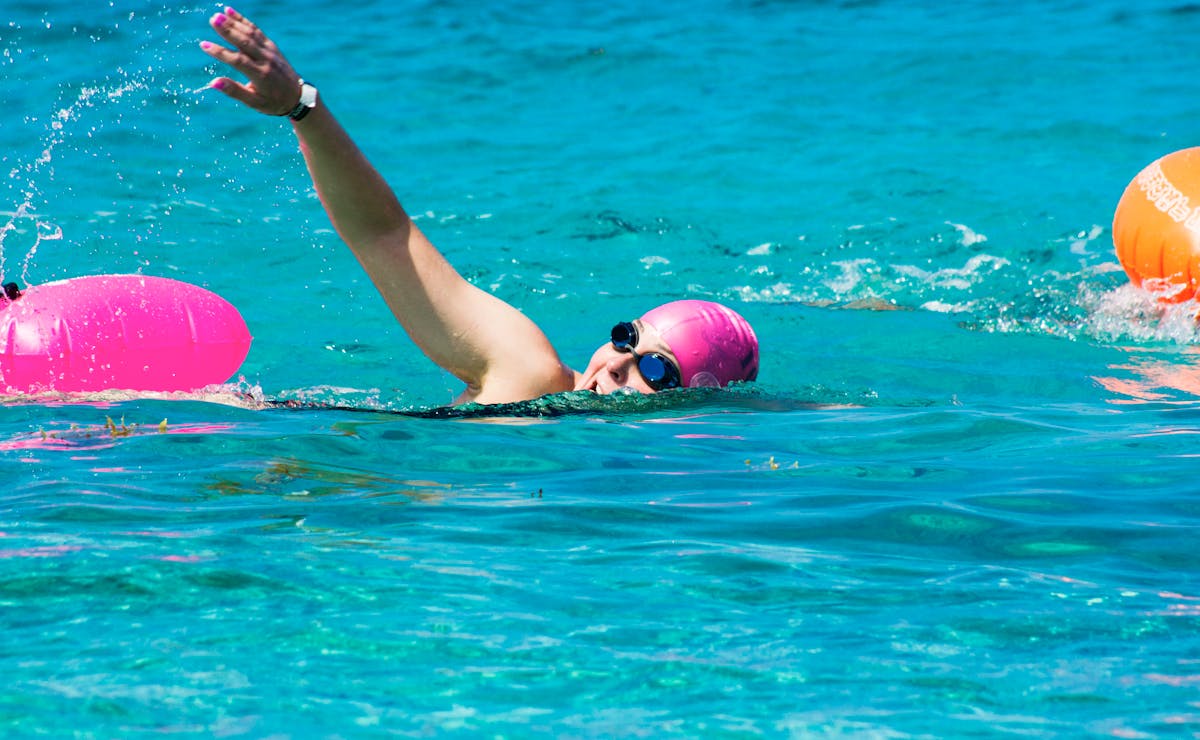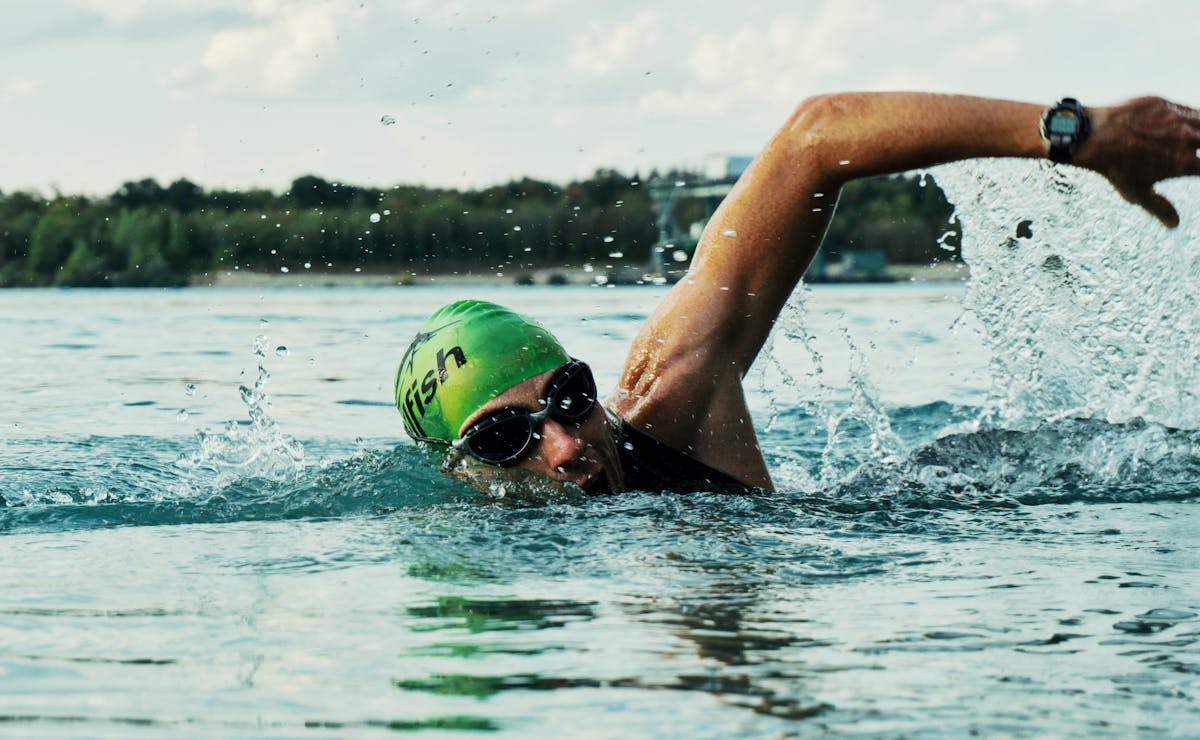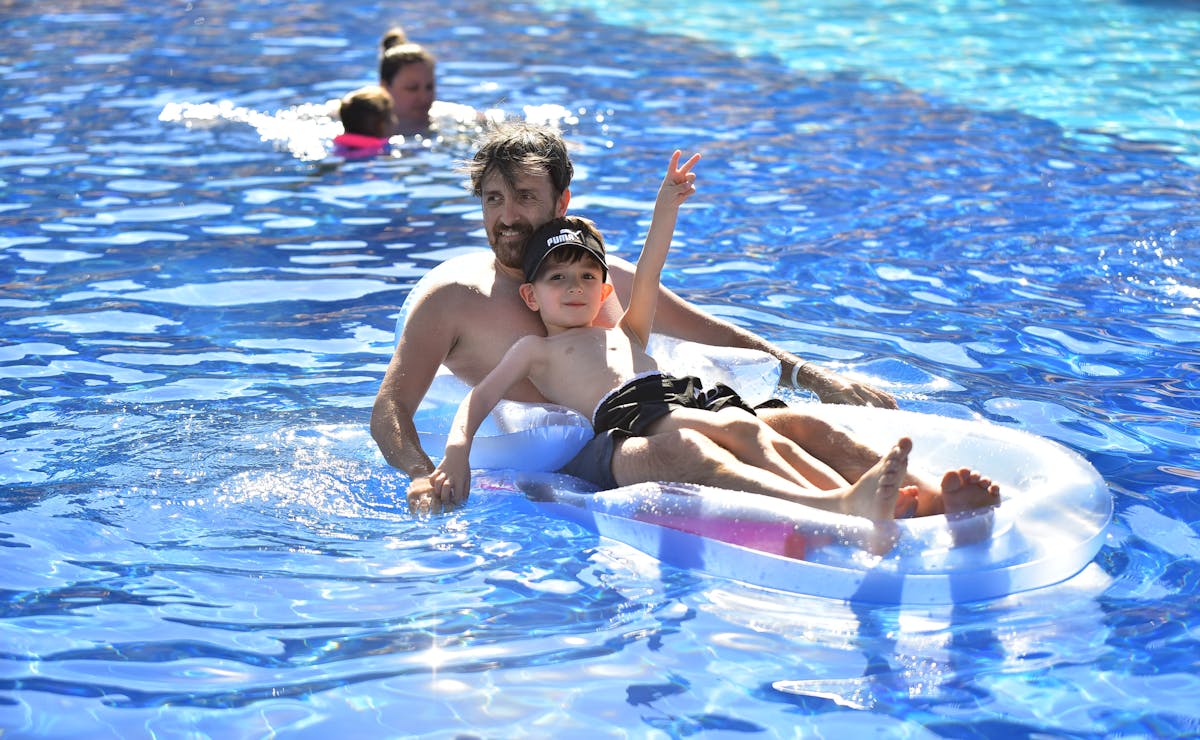While getting into a freezing pool on a hot day can be wonderful for some, for others the simple act of imagining themselves in a place with a large amount of water can be tormenting.
If you have doubts about how to overcome your fear of swimming, know that it can be linked to the fear of drowning and, in some more critical cases, it can even be called a phobia. Do you know the difference?
The basic difference between fear and phobia lies in the symptoms and the way in which it is overcome. A person who is only afraid of water, simply because they do not know how to swim, can overcome this rational fear with a few swimming lessons.
After all, fear is just our brain’s way of warning us that a situation could be dangerous. However, some people feel more than just a fear of drowning, and this is called water phobia, which affects thousands of people around the world.
People who suffer from a phobia may find their lives difficult and affected, and if this is your case, we will help you face this challenge. To begin with, do you know how to find out if what you are feeling is a phobia or fear?
We have listed some symptoms here. This way, you will be able to analyze whether what you feel fits with the descriptions, which can help you better understand your case and invest in the appropriate treatment.
Phobia: what are the most common symptoms?
- anxiety attacks;
- hyperventilation: increased blood pressure;
- fainting;
- panic attacks;
- sweating and shaking;
- loss of control and excessive crying.
Know that all phobias can be worked on and controlled with the help of trained professionals and, above all, perseverance. There are also two types of water phobia.
Hydrophobia
Hydrophobia is the morbid fear of water and any other type of liquid. Precisely because it encompasses all types of liquids, it is a less common phobia.
What we are going to discuss here in this article is aquaphobia, as you may be stopping yourself from practicing a sport as efficient as swimming because of this problem.
Aquaphobia
Aquaphobia is more common, as it only refers to water, affecting people who have an excessive fear of swimming or running water, such as taking a bath, for example.
The symptoms of aquaphobia are very similar to the symptoms of other phobias, however, there are some more specific ones, such as:
- a person who avoids water under any circumstances, such as being afraid of rain, showers and even seeing running water.
- shortness of breathe;
- not being able to control one’s own body (in more extreme cases of aquaphobia).
However, don’t be scared: there are methods, tips and countless ways to overcome your phobia of water, learning to swim and enjoying all the benefits that swimming can bring to your health.
Therapy is an excellent way to treat your phobia, which may be stuck in your mind at an unconscious level – and therefore not treated as merely a fear, something more rational.
Don’t be embarrassed and look for a professional you feel confident with to deal with this aspect of your life.
After all, this is one of the most complete sports out there, allowing you to exercise your body, mind and breathing – it would be cool for you to try, right?
For those who suffer from fear, something that, as we have already mentioned, is more rational, we can mention some more practical tips.
How to lose your fear of water
Understand how it is possible to lose your fear of water and learn to swim, with some techniques that we have separated for you.
The first step is to understand your fear, where it comes from and why you feel this way about water. Try to understand the reason for your fear, as some common causes may be linked to:
- “inherited” fear from third parties: sometimes, due to excessive protection and fear that parents have regarding children in the water, they end up being overly careful, causing the child to grow up afraid of water and swimming;
- incidents related to drowning, either having already drowned or having witnessed someone very close to drown.
Can you already understand the reason for your fear? If so, know that after this process of self-knowledge and acceptance, having the help of a psychologist or other professional in the area can be a big step towards overcoming your fear of swimming.
The important thing is that you don’t feel embarrassed about asking for help, after all, the help of a swimming teacher who understands the entire process of students with fear of water can help – a lot! – to overcome this problem.
In addition to the assistance of professionals, it is even easier to attend classes with the help of friends who have the same fears as you, or who also do not know how to swim.
There are also some exercises that you can do on your own, whenever you see or need to go into the water.
The main exercise is in your breathing and the control you have over it. To avoid anxiety and panic attacks, another fundamental exercise is relaxation, which you can do by preparing and relaxing your mind for what comes next.
Adaptation to the aquatic environment is also very important throughout this process and, therefore, after a few sessions with trained professionals, frequent and gradual contact with water, especially in swimming pools (as it is safer than the sea, for example), helps in the process.
Tips to overcome your fear of swimming:
If your fear is not that intense, you can start with simple steps like:
- start in a shallow pool;
- submerge only your legs so that your body becomes familiar with contact with the water;
- try to float;
- try to submerge your face, little by little;
- practice with a friend who knows how to swim, to make you feel safe;
If your fear is more intense and you don’t feel comfortable trying it alone, don’t be ashamed to look for a swimming teacher who can develop specific ways for you to face your fear.



